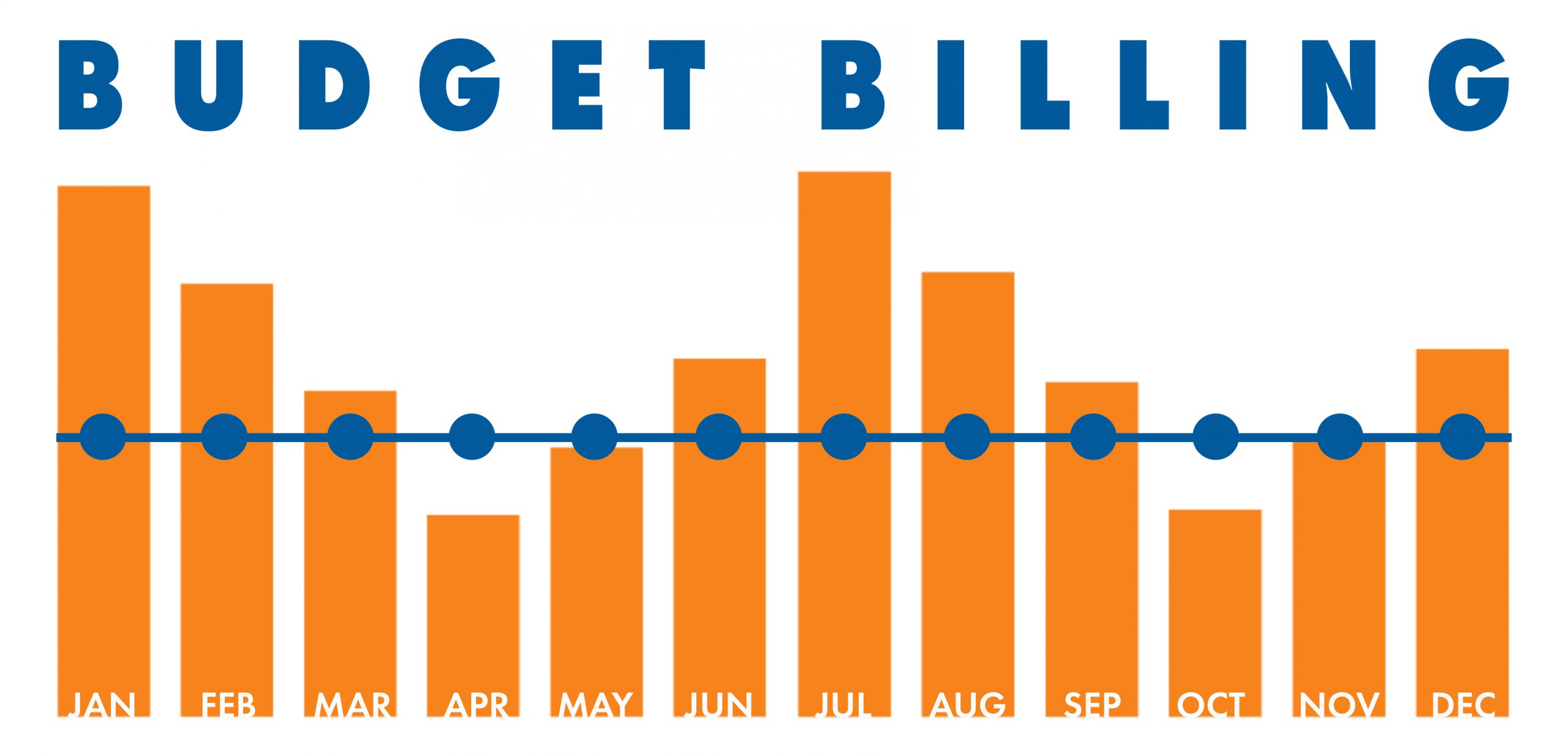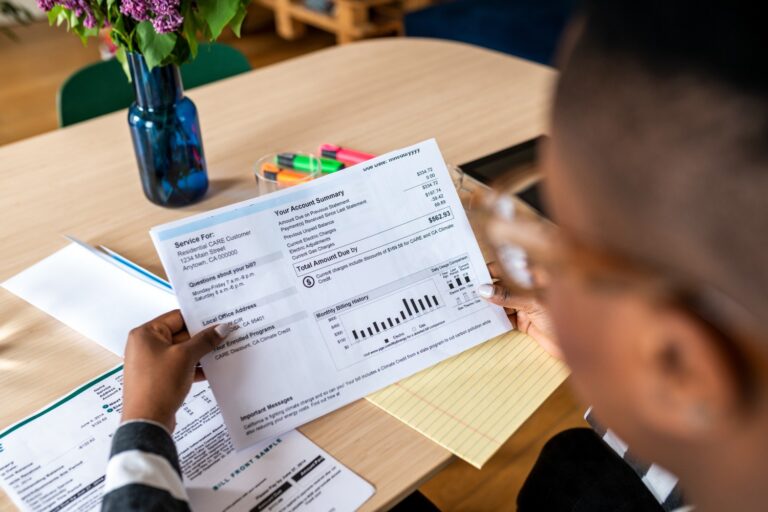Facing financial hardship and struggling to pay your electric bill each month? You’re not alone Millions of households across the country qualify for government programs and energy assistance funds to help cover energy costs
In this comprehensive guide, we’ll explore the main options to find grants, discounts and subsidies to help pay your residential electric bill and avoid utility shut-offs.
Overview of Electric Bill Assistance Programs
There are a mix of federal, state and local programs that provide energy assistance for low-income families. The main ones include:
-
LIHEAP – Federally-funded energy grants distributed by states.
-
State programs – Each state offers unique electric bill discounts and subsidies,
-
Utility company assistance – Payment plans, discounted rates and hardship funds
-
Non-profit organizations – Charities and community groups provide limited financial aid.
-
Federal pandemic relief – Temporary stimulus and extra funding allocated due to COVID-19.
LIHEAP is the largest energy assistance program. Let’s take a closer look at how it works and eligibility.
LIHEAP Financial Assistance Overview
LIHEAP (Low Income Home Energy Assistance Program) is a federal grant program administered by the Department of Health and Human Services (HHS) and distributed locally by each state.
What it Covers
LIHEAP funds help pay for:
- Heating and cooling bills
- Emergency heating system repairs
- Weatherization improvements
- Temporary emergency shelter if utility shut-off occurred
The assistance can be a one-time payment, multiple payments, or a monthly subsidy.
Eligibility Requirements
To qualify for LIHEAP bill assistance, you must have:
- Household income below 150% of the federal poverty level
- High home energy costs compared to income
- Recent job loss or other economic hardship
Each state sets income thresholds based on household size. You also must have an active residential account with an energy company.
How to Apply for LIHEAP
LIHEAP operates seasonally, with priority for winter heating bills. To apply:
-
Contact your state LIHEAP office to request an application.
-
Submit the completed form along with income documentation.
-
If approved, the assistance will be sent directly to your utility provider.
-
Re-apply each season you need help with bills.
Other Ways to Get Help Paying Electric Bills
In addition to LIHEAP, here are some other sources to get financial help with electric bills:
State & Local Programs
-
Utility bill discounts – Reduced rates for seniors, veterans, disabled, etc.
-
Energy assistance funds – State and city-level energy grants.
-
Weatherization – Free home upgrades to improve efficiency.
Check with your state LIHEAP office to see what other local programs are available.
Utility Company Assistance
-
Payment arrangements – Extended due dates or installment plans.
-
Forgiveness programs – Bill credits to offset overdue balances.
-
Hardship funds – Charitable grants for customers in need.
Call your electric company to see if you qualify for any bill help programs.
Non-Profit Organizations
-
Churches, shelters, charities – Some offer one-time energy assistance.
-
Salvation Army – May help with overdue utility bills.
Research non-profits in your area that might provide electric bill grants.
Federal Pandemic Relief
-
LIHEAP emergency funding – Extra support allocated due to COVID-19.
-
Moratoriums on shut-offs – Temporarily banned during pandemic.
-
Stimulus payments – Direct federal checks to use for bills.
Pandemic relief funding expanded energy assistance temporarily.
Tips to Lower Your Electric Bill
In addition to financial assistance, take steps to reduce your energy costs:
-
Use less electricity overall to lower your bill.
-
Shift usage during off-peak hours when rates are cheaper.
-
Improve your home’s efficiency with better insulation, appliances, etc.
-
Understand your electric rates and shop plans annually to find the best value.
-
Speak with an energy advisor to evaluate your usage and get a personalized reduction plan.
-
Stay current on energy bills each month to avoid accumulating debt.
Being proactive can help shrink your bill and rely less on assistance.
Avoid Utility Shut-Off With Payment Support
If you are behind on payments, take action right away to avoid a service disconnection:
-
Contact utility immediately to set up a payment plan.
-
Apply urgently for LIHEAP or other assistance.
-
Negotiate for more time to secure funds.
-
Know the rules – some states ban winter shut-offs.
-
Get proof of payments to show your good faith efforts.
-
Be aware ofillegal shut-off practices to protect your rights.
With the proper payment help, you can avoid losing vital utility access.
Find Long-Term Solutions to Afford Energy
While bill assistance provides temporary relief, focus on permanent solutions so energy costs are affordable long-term:
-
Increase your income through a new job, promotions, side business, etc.
-
Reduce unnecessary expenses and create a frugal budget that prioritizes electricity.
-
Improve credit to qualify for better utility payment plans and rates.
-
Weatherize your home to maximize efficiency and savings.
-
Downsize your living space to reduce energy needs.
-
Conserve energy and shift usage to control costs.
-
Shop rates annually and negotiate with providers.
Take control of your energy costs for a stable financial future.

Texas Utility Help Program
Texas Utility Help can give financial assistance to qualified Texas homeowners and renters with low income. Eligible expenses include electricity, gas, propane, water, and wastewater.
Call 2-1-1 for information on available local utility assistance.

How can I get help with paying my electric bill? | About LIHEAP
Can I get help with my energy bills?
You may be eligible for help with your energy bills based on your income. To see if you qualify and how to apply, contact your state’s LIHEAP office. For home improvements that save money on energy, you may also qualify for help through the Weatherization Assistance Program (WAP). Your eligibility for weatherization assistance also depends on your income.
How do I get help paying my utility bills?
You can go to the website, 211.org, or call 211 on your phone. You can connect with someone who can put you in touch with an organization that can help you pay your utility bills or get you access to low-interest loans.
Where can I get help with paying a bill?
If you need help with paying one bill or many, your local 211 agency has the most up-to-date information about local assistance that may be available to you. You can always call 211 to get connected to a local specialist.
Where can I get help with rent and energy bills?
The Emergency Rental Assistance Program is available to help with rent and energy bills. You can learn more by visiting www.consumerfinance.gov. The Weatherization Assistance Program from the U.S. Department of Energy also provides information on weatherization services. Visit www.energy.gov to learn more.
